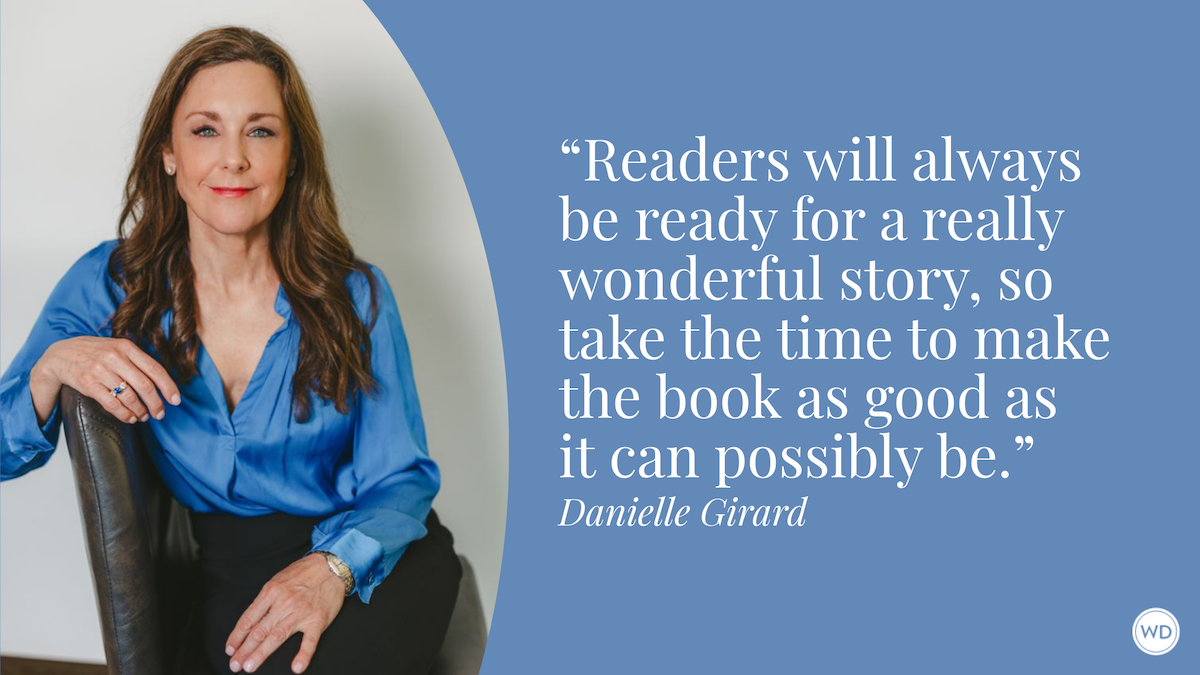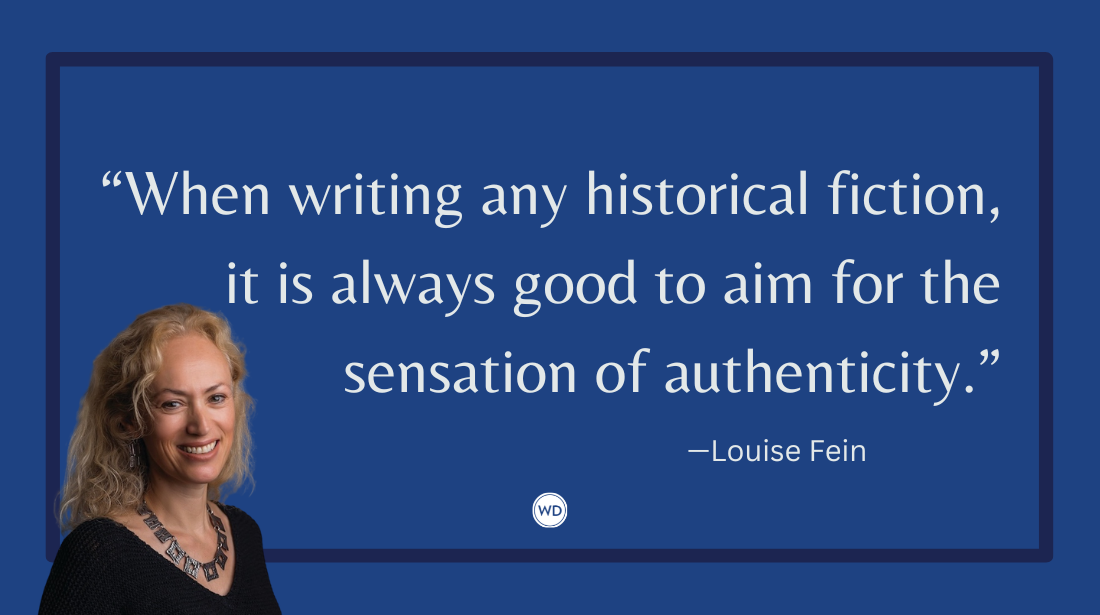Amber McBride: Read Vastly and Be Curious
In this interview, author Amber McBride discusses starting a dialogue about death and grief with her new YA novel-in-verse, The Leaving Room.
Amber McBride is an award-winning author, poet, and educator. Amber's debut young adult novel, Me (Moth), was a National Book Award Finalist, won the Coretta Scott King/John Steptoe Award for New Talent, and was a finalist for the William C. Morris Award. Gone Wolf, Amber McBride’s middle grade fiction debut, was awarded the Los Angeles Times Book Prize. Amber’s books have received more than 20 starred reviews. Follow her on Instagram and Bluesky.
In this interview, Amber discusses starting a dialogue about death and grief with her new YA novel-in-verse, The Leaving Room, her hope for readers, and more.
Name: Amber McBride
Book title: The Leaving Room
Publisher: Feiwel & Friends / Macmillan
Release date: October 14, 2025
Genre/category: Young Adult
Previous titles: Me (Moth); We Are All So Good at Smiling; Gone Wolf; Onyx & Beyond; Thick with Trouble
Elevator pitch: Gospel is the Keeper of the Leaving Room—a place all young people must phase through when they die. The young are never ready to leave; they need a moment to remember and a Keeper to help their wispy souls along.
When a random door opens and a Keeper named Melodee arrives, their souls become entangled. Gospel's seriousness melts and Melodee’s fear of connection fades, but still—are Keepers allowed to fall in love? Now they must find a way out of the Leaving Room and be unafraid of their love.
What prompted you to write this book?
Short answer, grief. The long answer, I wanted to write about death in a way that did not have the weight of religion and a perceived afterlife attached to it; in a way that felt more universal, comforting, and speculative. After all, there are two things that are certain—you will be born and you will die; but death, especially for young adults, is a conversation that is often avoided. I understand the instinct to shield young people from death and grief, but the truth is, it is something we will all experience. So, the idea is a girl name Gospel (meaning good-telling) is the Keeper of something called The Leaving Room; a room all young people phase through right after they pass. This room is cozy and warm; Gospel cooks and cares for her Leavers and helps them pass into whatever is next. That is, until The Leaving Room starts glitching.
I chose to write the novel in verse because the sparseness of the language and brevity of the story really seemed to lend itself to the form. The entire narrative takes place over four minutes, and using verse helped to highlight that immediacy.
How long did it take to go from idea to publication? And did the idea change during the process?
From idea to publication, it took three years; but I had a few other books lined up to write before The Leaving Room. So, from pen to paper, it took two years. The fundamental ideas for the novel stayed the same; Gospel was its Keeper, and it was told in verse. The aspects that changed were more about the details included in the novel.
I was trying to create a warm and welcoming feeling in this space between life and death, but I was not sure exactly how to do that. I tried several tactics, but in the end the ideas of memory and cooking as an act of love helped to craft a space that felt lush and loving for each Leaver. I included family recipes in the book as well.
Were there any surprises or learning moments in the publishing process for this title?
For the most part, everything went smoothly. I usually sell my books with the manuscript completed, so I’m really just working with my editor to perfect the novel. The Leaving Room was sold on pitch, which means this was the first time I was really sitting down and writing from scratch a book that had already been purchased. This was a slightly more stressful process for me.
Were there any surprises in the writing process for this book?
Writing in verse is always filled with small surprises when it comes to what you can pull from language and blank space on the page, but I was fairly surprised when my instincts told me that I should include recipes. That was never the original plan, but I love that recipes from so many of my family members, living and ancestors, are included in the book.
What do you hope readers will get out of your book?
I hope readers have more open conversations about death and grief. I hope they feel safe and seen, but most of all, I hope they think about what their most perfect memory is.
If you could share one piece of advice with other writers, what would it be?
Read vastly from everywhere and be curious because there are thousands of stories around you.








